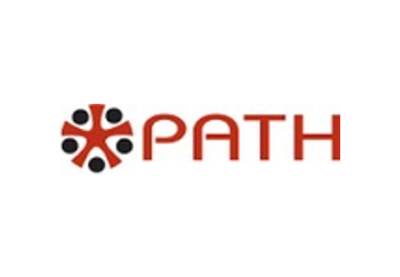Finance Manual
I want to document financial policies and procedures...
What is it?
Underpinning all financial management systems are a collection of financial policies and procedures that guide operations and determine how an organization uses and manages its money. All of this information is included in one document – the finance manual.
The manual establishes the framework within which a team manages the finances of a project. It serves as a reference to avoid misunderstandings and encourage consistency.
There is no single, recommended template for a finance manual and yours will depend on the unique needs and structure of your organization. The following content headings are commonly used in finance manuals. They can act as the starting point for your own manual and can be adapted to cover the needs and activities of your organization.
- Accounting rules and routines
- Bank and cash handling procedures
- Code of conduct
- Coding structures
- Delegated authority
- Financial planning and budget management processes
- Financial reporting routines
- Fixed assets
- Fraud and other irregularities
- Grant management guidelines
- Insurance
- Procurement procedures
- Staff benefits, allowances and expenses
- Stock control
- Vehicle management
How do I use it?
As soon as you take up a role in an organization, it’s important to become familiar with your organization’s finance manual. You may not need to read the whole manual, but you should understand the financial policies and procedures that relate to your job. Your manager is there to support you. If in doubt, just ask!
- Policies – set out the principles and guidelines for key areas of activity, helping to remove any questions about how resources are used. Policies are usually written by senior managers and discussed and agreed by the Board. Once agreed, everyone in an organization must follow the policy and failure to do so could result in disciplinary action.
- For example, UNITAS have a vehicle management policy which clarifies who can drive the UNITAS vehicles, how vehicles should be disposed of when no longer needed, and it outlines the rules for private use of the vehicles by staff. - Procedures – describe the steps for carrying out a policy. They often include a requirement to complete standard forms, to gather data and ensure correct authorization for actions.
- For example, UNITAS’ vehicles procedure explains that staff must complete a vehicle requisition form to book the project vehicle for a journey. Staff also have to fill in vehicle log-sheets for all trips in a project vehicle. The finance manual includes copies of both forms and explains how to complete them.
When do I use it?
The finance manual impacts on all financial aspects of project delivery and should be available as an office resource throughout project design, planning, implementation and close out, to check policy and procedure if necessary.
Who is involved?
Everyone in an organization needs to follow the financial policy and procedures laid out in the Finance Manual.
Tips:
Don’t forget that the finance manual usually has copies of standard forms and templates, so that every project doesn’t need to invent its own. Most forms will be mandatory to use, to ensure consistency, so that everyone uses the same accounting and reporting tools.
Supported & Developed by:
Shared by:
Users are free to copy/redistribute and adapt/transform
for non-commercial purposes.
© 2022 All rights reserved.



















 .
.